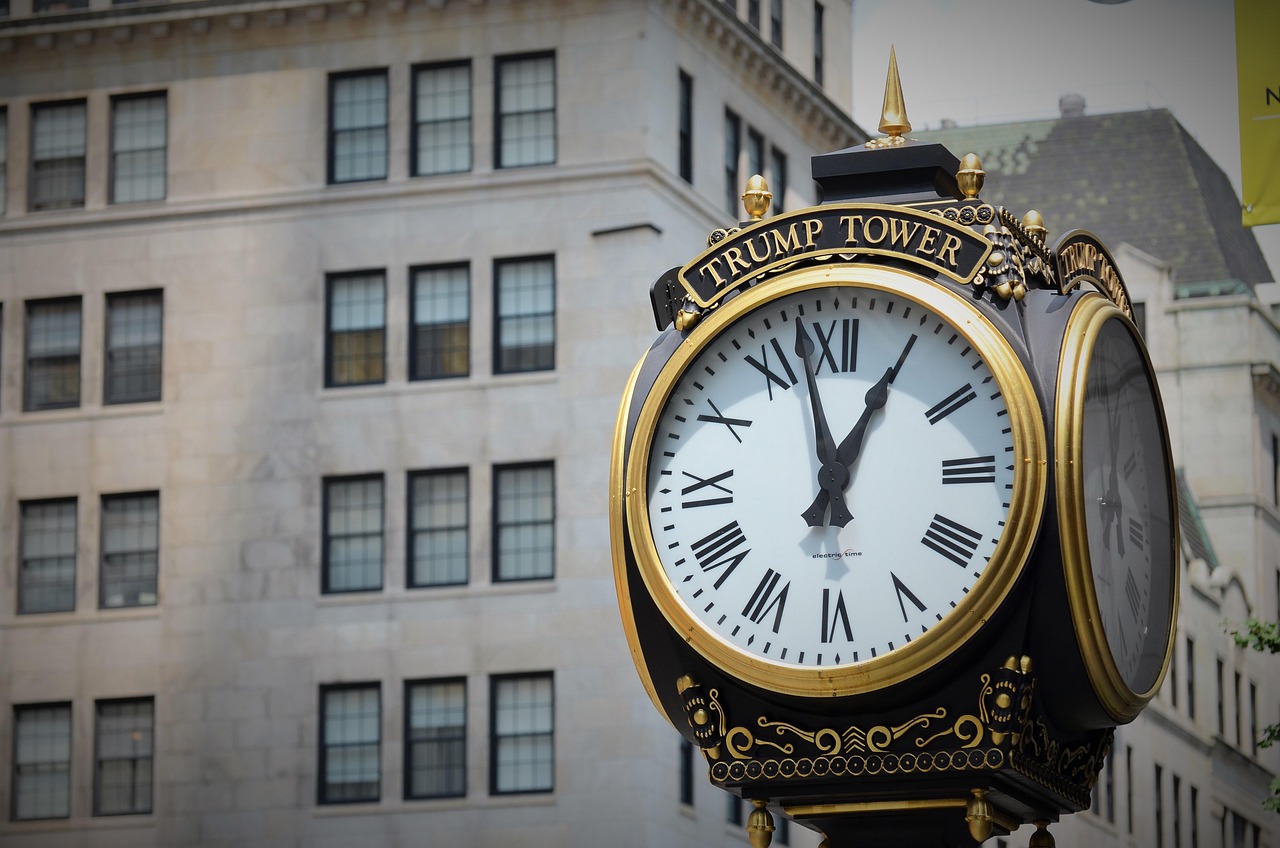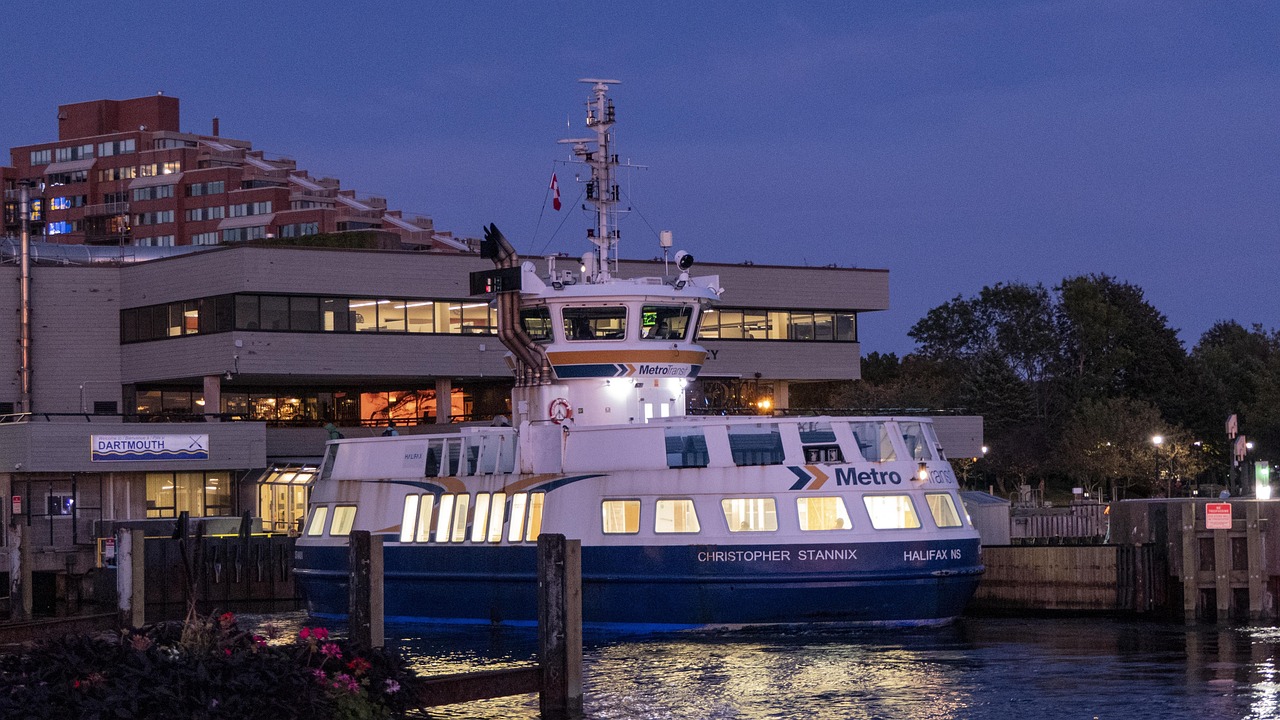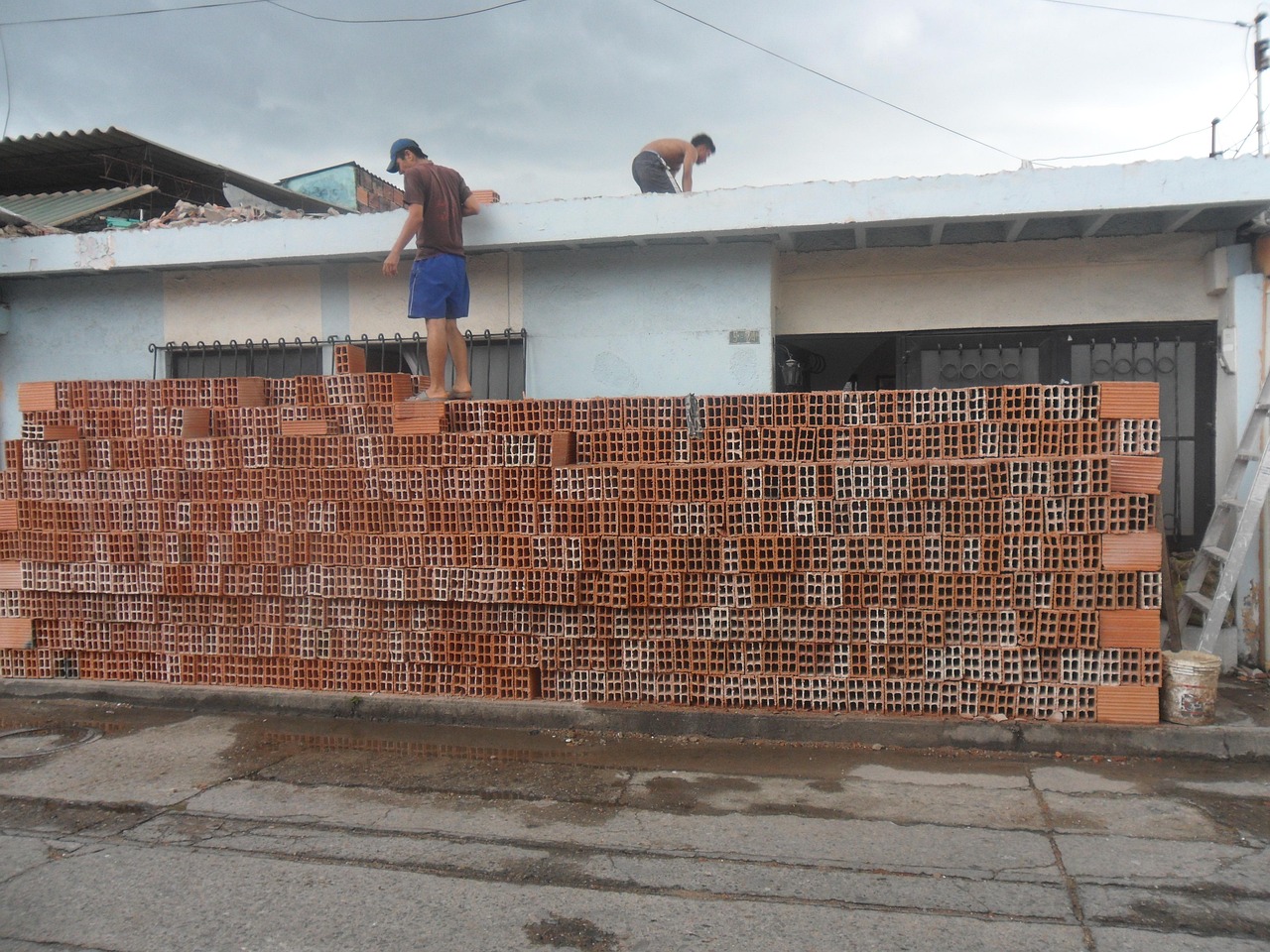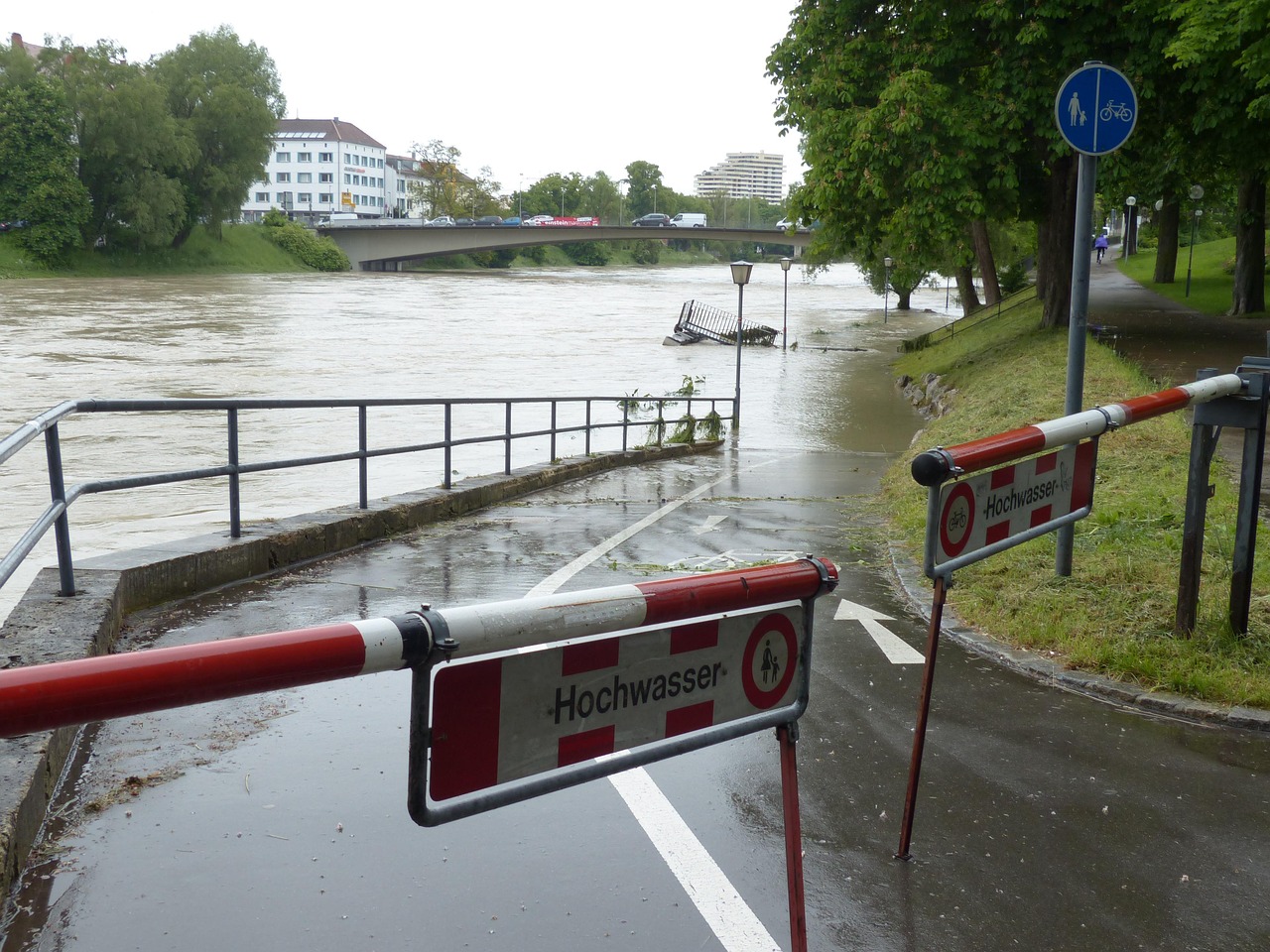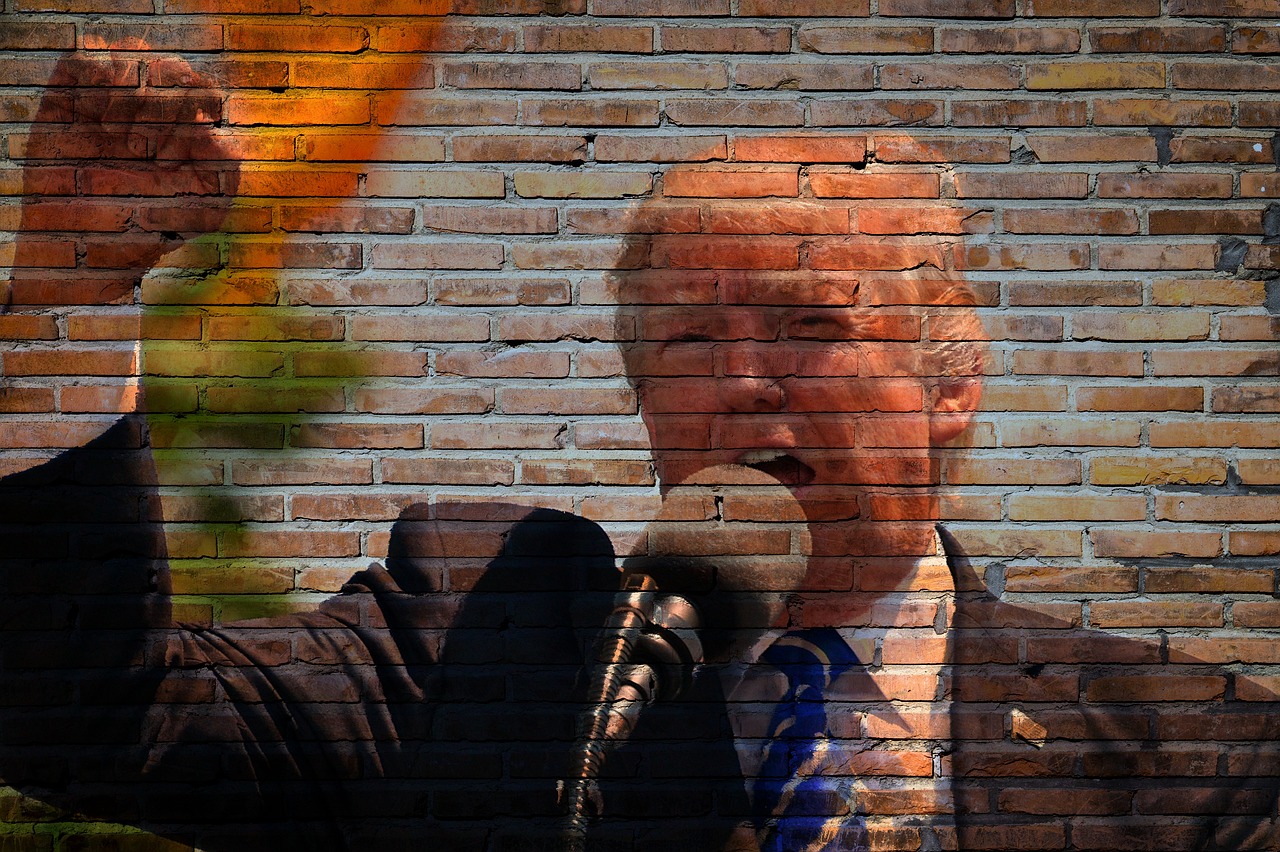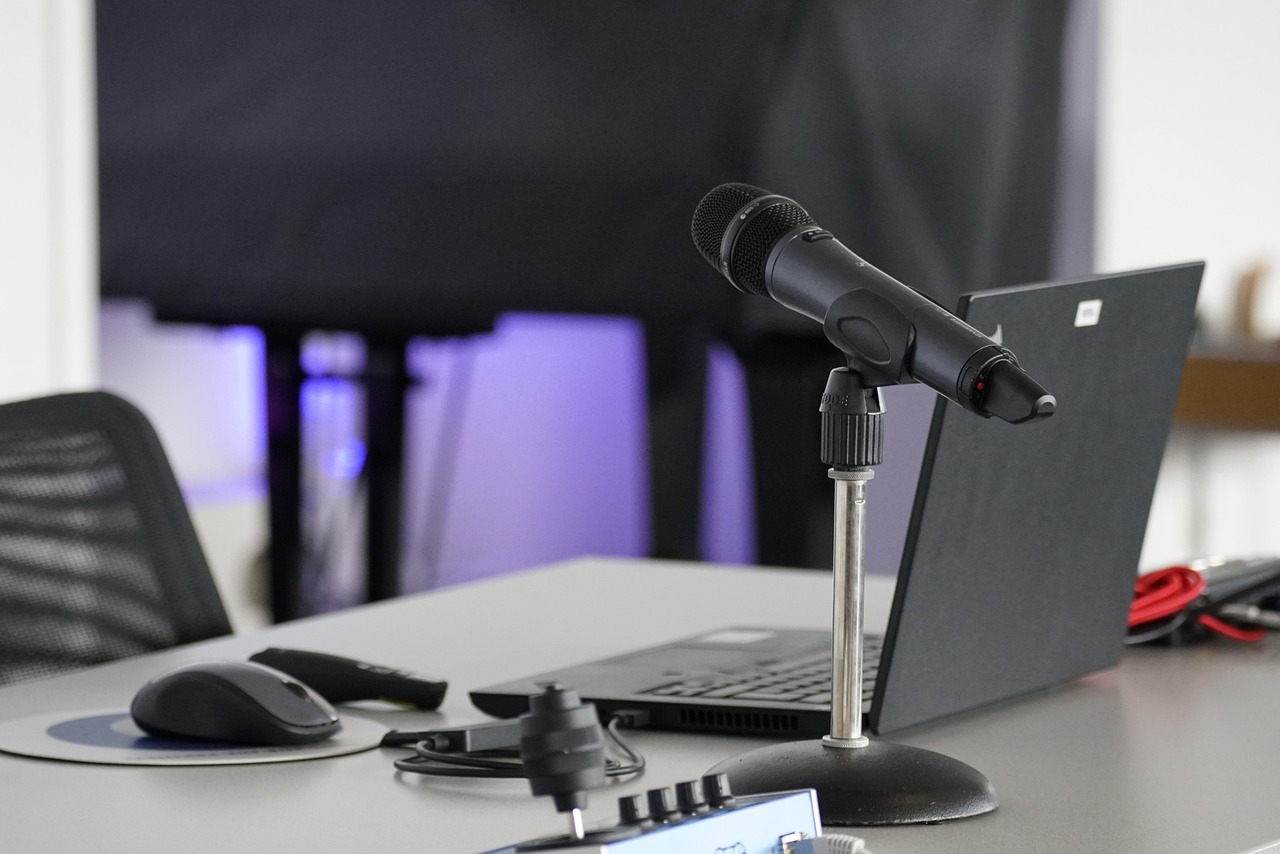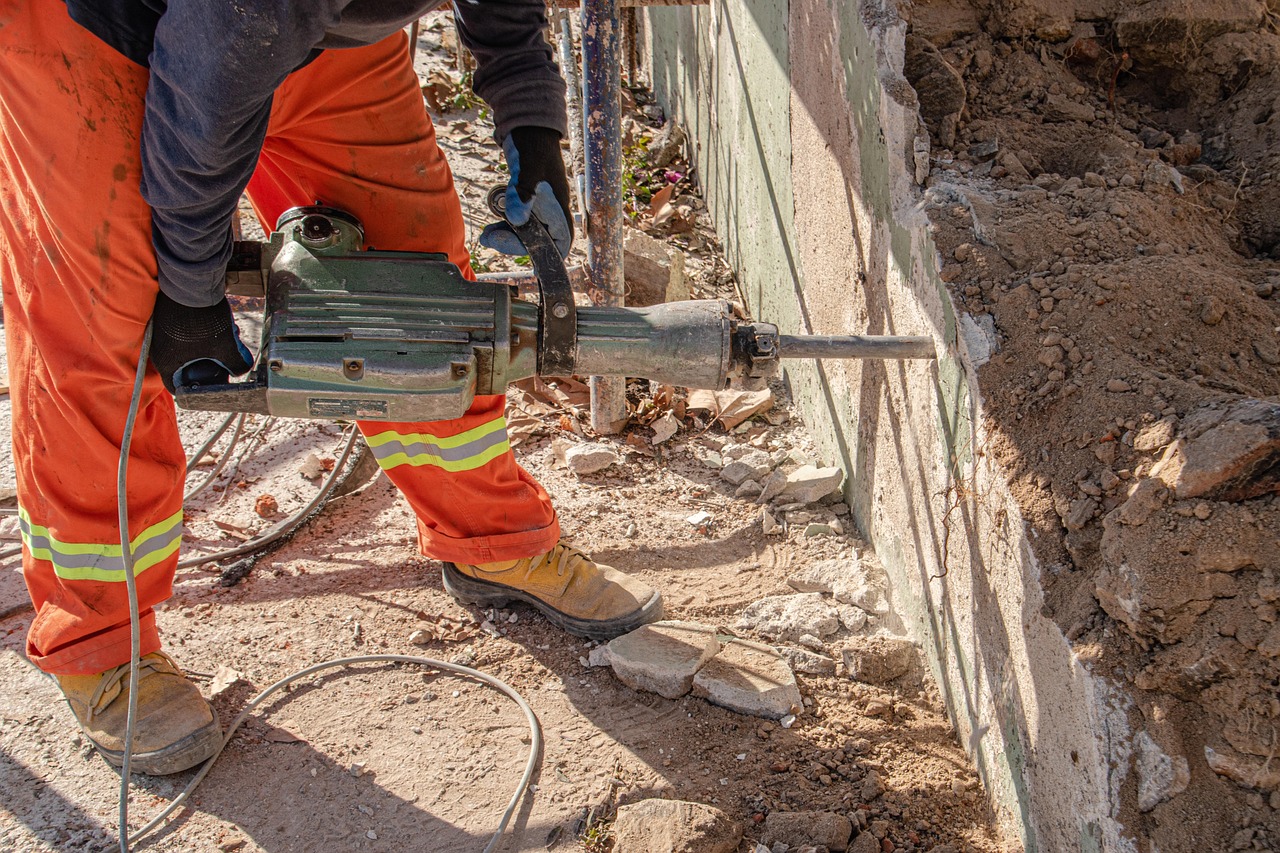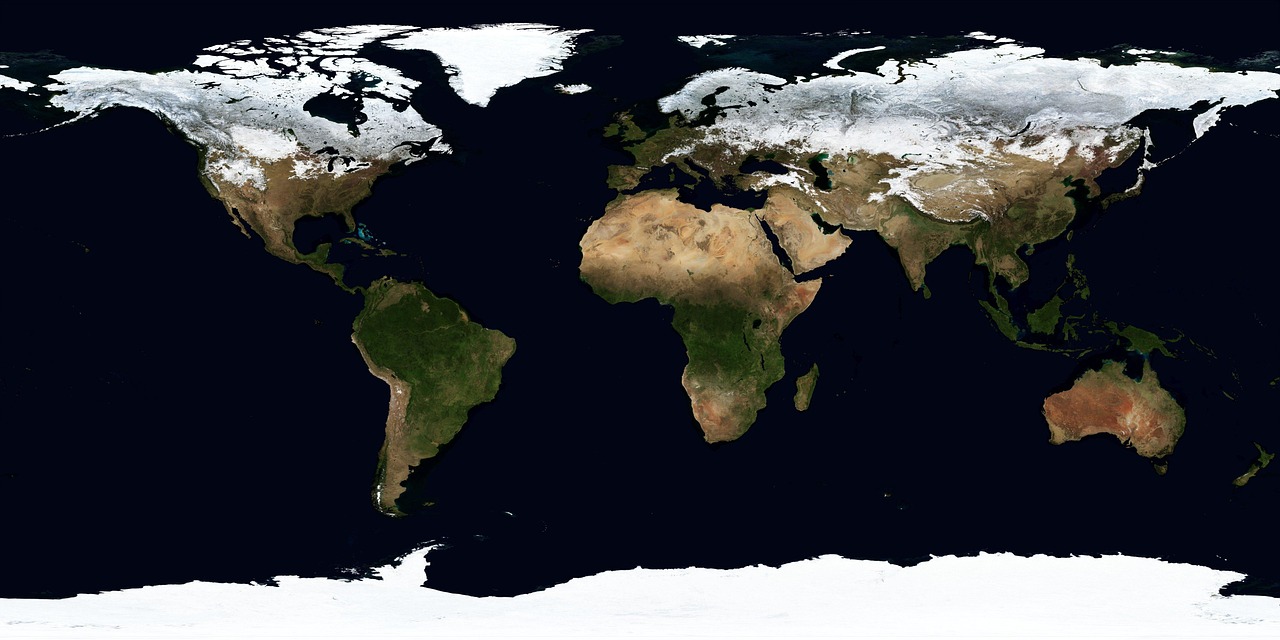
Part I – Zohranomics: A Bold Economic Solution Amid Wall Street Panic
Zohranomics Meets Wall Street Panic
The key takeaway from recent events is that Zohran Mamdani’s policy platform, dubbed Zohranomics, has ignited strong reactions from Wall Street billionaires and some centrist economists, reflecting deep divisions about addressing urban economic challenges. Following Mamdani’s presumed victory in the New York mayoral primary in June 2025, hedge-fund billionaire Dan Loeb branded it “hot commie summer” on social media, while Harvard economist Larry Summers criticized the platform as “Trotskyite economic policies.” These accusations targeted proposals such as rent freezes, free bus rides, government-run grocery stores, and higher taxes on millionaires and corporations. Yet, the fierce pushback also underlined how Mamdani’s agenda has struck a nerve among the financial elite, highlighting a clash between entrenched market interests and a progressive economic vision aimed at tackling affordability crises.
Progressive Economists Endorse Practical Solutions
Prominent progressive economists have responded by framing Zohranomics as a timely and practical approach to New York City’s affordability issues. Isabella M. Weber, a University of Massachusetts Amherst professor known for her research on price controls during the COVID-19 pandemic, dismissed Summers’s “Trotskyite” label as unhelpful. Alongside more than two dozen economists, Weber signed a public letter describing Mamdani’s platform as a “bold yet practical blueprint” focused on essentials like housing, food, transportation, and child care. The letter emphasized that these basics are critical to preventing people from being pushed to society’s margins. Weber contrasted Mamdani’s proposals favorably against the Biden administration’s hesitant approach during the national cost-of – living crisis, noting how President Biden denounced corporate price hikes but enacted limited policy, while Vice President Kamala Harris’s proposed federal ban on food price gouging was later diluted under pressure from similar economic interests.
Rent Freeze and Housing Expansion Compared to Past Efforts
A central and controversial piece of Mamdani’s platform is a rent freeze on approximately one million rent-stabilized apartments, excluding market-rate units. Critics, including the New York Times editorial board, argue that such a freeze could deter investment in new affordable housing, worsening supply issues for younger residents and newcomers. Mamdani counters this by coupling the rent freeze with an ambitious plan to build 200, 000 new rent-stabilized units over ten years through increased public investment, zoning reforms, and expedited approvals. This mirrors former Mayor Bill de Blasio’s 2014 goal to build or preserve 200, 000 affordable apartments, which his administration claimed to have achieved by
2021. However, Mamdani’s approach leans more heavily on public-sector – led construction and a recommitment to public housing, including doubling investments in NYCHA renovations and using NYCHA land for new affordable developments—strategies reminiscent of New York’s historic public housing expansions under Mayor Fiorello La Guardia but updated for modern challenges.
Public Grocery Stores and Food Access Pilot
Addressing food affordability, Mamdani proposes establishing city-run grocery stores in low-income neighborhoods, reducing costs by eliminating rent and property taxes to pass savings to shoppers. This pilot plan involves just five stores—one per borough—in contrast to the city’s roughly 15, 000 privately owned grocery outlets. While modest in scale, this experiment aims to test whether public options can disrupt pricing dynamics and improve access to nutritious food in “food deserts.” Weber, who experienced limited access to healthy foods in Brooklyn’s Sunset Park, highlighted the potential for these stores to offer both affordability and accessibility. If successful, the pilot could expand and pressure private grocers to adopt more competitive pricing, echoing broader efforts to use public options as market-shaping tools to curb corporate power.
Free Public Transportation as a Basic Need
Mamdani’s free bus ride proposal, another public option, fits within his agenda to secure basic material needs. Weber emphasized that affordable transportation is essential for accessing employment and economic opportunities. While free transit is a familiar concept, it remains rare in large U. S. cities. The proposal aligns with progressive ideas to extend public options beyond health care, including communications and financial services, to rebalance economic power. However, implementation depends on cooperation with the Metropolitan Transportation Authority, which is controlled by Governor Kathy Hochul’s appointees, underscoring political hurdles ahead.
Universal Child Care and Budget Considerations
Universal child care for all New Yorkers aged six weeks to five years is a flagship proposal that builds on de Blasio’s universal pre-K program. This plan promises free, high-quality child care citywide, with research showing such programs improve outcomes for children and parents and help retain families in the city. Yet, cost is a major question mark. A statewide universal child care proposal released earlier in 2025 estimated an annual cost of $12.7 billion. Though Mamdani’s campaign has not specified city-level costs, even half that figure would represent a 5 percent increase in the city budget. To finance these initiatives, Mamdani proposes raising the city income tax by two percentage points on individuals earning over one million dollars and increasing the state corporate tax rate to 11.5 percent. These tax hikes have drawn criticism from former Governor Andrew Cuomo, who warned of potential wealthy and business flight from the city—a claim contested by recent studies indicating that millionaire migration is less sensitive to tax changes than presumed.
Political Realities
Political Realities of State Approval and Albany Negotiations. Mamdani’s ambitious plans face significant political constraints, notably the necessity of state approval for tax increases, municipal bond issuance, and control over city agencies like the MTA. New York’s state constitution grants Albany considerable control over city finances and operations, requiring the mayor to negotiate with Governor Hochul and the legislature. While such negotiations are challenging, past precedent exists; for example, de Blasio secured substantial state funding for universal pre-K despite a tense relationship with then-Governor Cuomo. Political observers suggest Mamdani could pass parts of his agenda but will likely need to compromise and cannot expect full implementation. Meanwhile, business leaders are actively reassuring executives that Mamdani’s tax proposals will not be enacted without state consent, aiming to prevent capital flight and economic disruption.
Zohranomics as Antifascist Economic Policy
Despite hurdles, supporters like Weber view Zohranomics as a necessary and effective counter to rising right-wing populism and economic insecurity. She rejects labeling Mamdani’s platform with traditional ideological “isms, ” instead framing it as antifascist economic policy focused on dignity, identity, and economic security amid a climate where far-right forces exploit affordability crises to fuel division. Zohranomics, therefore, represents not only a local policy agenda but a broader strategic response to contemporary political and economic challenges confronting urban America in the Trump presidency era.
Final Thoughts
Conclusion Zohranomics Offers Bold Vision Amid Political Constraints. In summary, Zohranomics presents a comprehensive and progressive approach to New York City’s affordability crisis through rent freezes combined with affordable housing expansion, public grocery store pilots, free transit, and universal child care. Backed by progressive economists and supported by empirical evidence on cost-of – living pressures and program outcomes, the platform contrasts with more cautious or market-friendly policies of recent administrations. However, its real-world implementation faces significant political and fiscal barriers, notably the need for state cooperation and concerns about tax impacts. Whether Mamdani can navigate these challenges remains to be seen, but Zohranomics undeniably shifts the conversation about urban economic justice in an era marked by growing inequality and political polarization.



